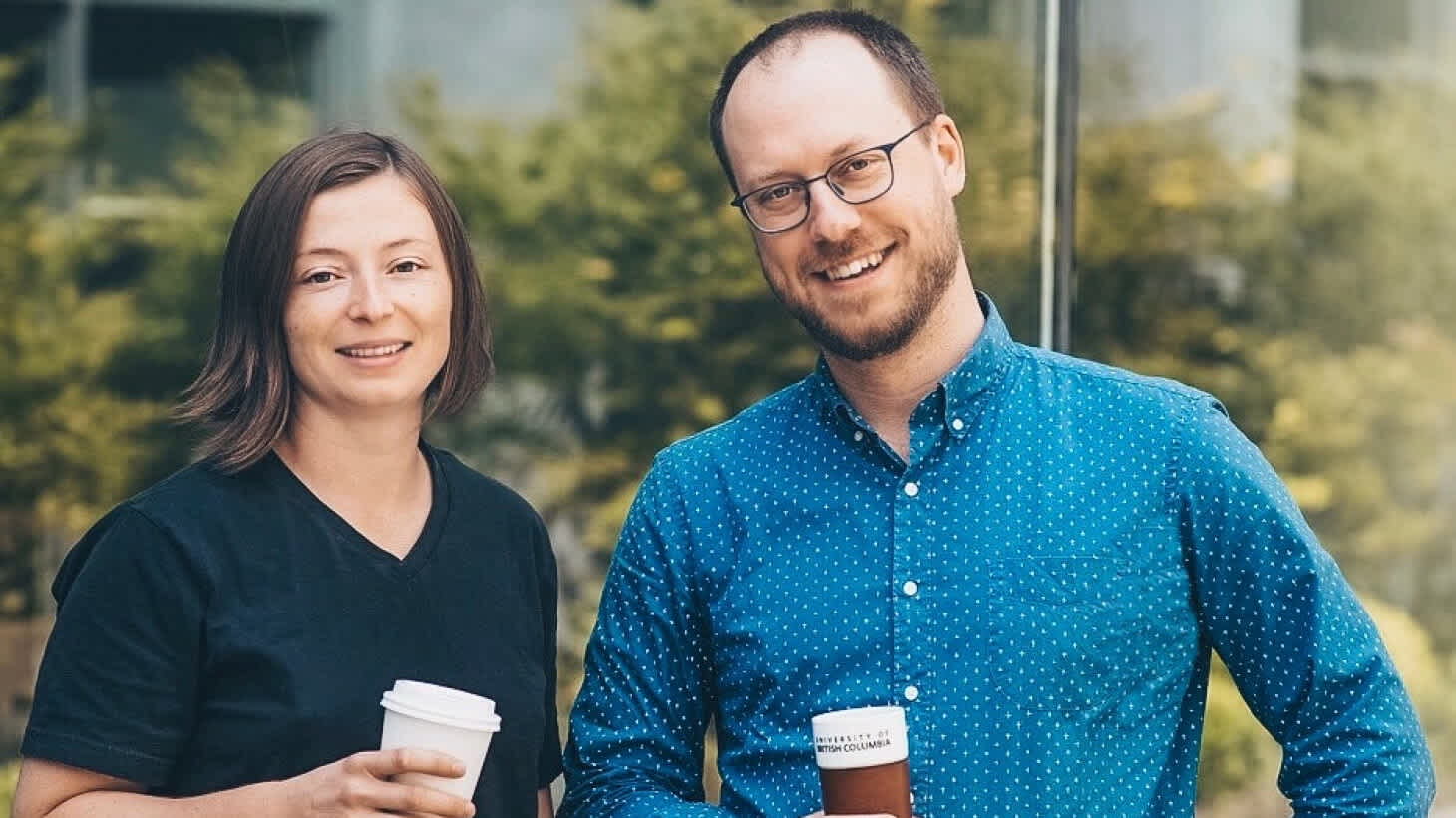← Go back
Interview with Dr. Willis Monroe, Managing Editor of the UBC Database of Religious History

Interview Transcript
Hi I’m Dr. Martin Willis Monroe, I'm the managing editor of the Database of Religious History here at the University of British Columbia.
The Project
The idea behind the DRH, The Database of Religious History, came out of this problem that we have in large-scale academic work, where we're looking to ask really big questions about history topics around the world but we don't have a platform or a way to do that, and so the Database of Religious History was designed to be a project to enable these kind of really big questions about human history, human religious history, and allow researchers from all over the world to log on, contribute data and also to query the database and ask these really interesting questions that we all have.
Clients & Users
Our main collaborators are people at London School of Economics, Harvard University and we have experts and editors from universities all across the world. Our typical users have been primarily academics; however, we're really looking to make this academic project more widely accessible to the public, to interested people in education at all different levels. That's one of the big challenges, creating an academic product that has a wide user-base.
Choosing a Technology Partner
Initially the project was kind of done by the seat of our pants here at the University, using student labour, using people who have expertise in technology, and we quickly found that that was not sufficient for our needs and so we were looking for a team that could really help us, not only facilitate making our code better and making our project better but also really help us envision ways to improve the project over the long-term.
UBC DRH x Pieoneers
When Pieoneers came in, we were running this kind of cobbled together system that worked functionally but definitely had its rough edges, and Pieoneers was able to really help us by going through the entire code base, cleaning it up, making it much more efficient, making it bug free, bringing in a whole testing infrastructure, and crucially I think, they were able to contribute a sense of design that we lacked beforehand. So for instance, one particular feature I can think of is our search interface; as academics, we kind of when asked how we would search we say “well I just want all the options available, I just want to click everything and I know exactly what I'm looking for” but Pieoneers was able to push back and say, well you have to tell us kind of the story of how someone's going to get into your data, think about it from a user perspective and that really helped us re-conceptualize how not only academics would search and analyze our data but also how members of the public and people from different educational background would actually use the product, the system.
Working Together
So prior to working with Pieoneers, there wasn't really a concept of design and implementation, it was mostly just creating the feature and then running it and seeing what happens. So it's been very useful to have Pieoneers give us mock-ups of features, go through a whole process of Q&A with them, talk weekly about what we're looking for long-term and what we're looking for short-term, and being able to evaluate each step of the process, and from there we're able to actually see things, go through and sort of almost like a beta stage for us on a staging server and you know we can try it out, we can send it to our internal users and they can try it out and give us feedback and that's resulted in much more robust and functional aspects of the project than we had before.
Challenges & Opportunities
One of the challenges we've experienced as a project is basically how do we ramp ourselves up from a project that focuses on the academic context, the academic sphere, into a project that's really creating a research environment and an educational environment for a wider audience? Pieoneers has been able to really help us think about the way our search engine optimization, the way that we can track our users through our systems so that we can understand their use of the interface. These are things that we don't ever really, that don’t ever cross our minds when designing academic interfaces and so the ability to push beyond our narrow, initial narrow vision of who we’ re attracting to the project and we have Pioneers help us through that process has been very useful. And it's also really good for the scholarship we do, and we don't want to keep the work that we're doing kind of siloed up in the university sphere, right? We want to make this something that is really accessible to a lot of people.
Results
So the DRH has been growing pretty rapidly, we've been getting more and more editors and more and more experts into the system from a wide variety of institutions around the world. We're also growing the number of entries we have by a pretty rapid rate and we're starting to be listed on university library resource pages. Our traffic, thanks to Pieoneers helping us, traffic has been going up pretty significantly. We're still kind of waiting on some larger feedback from the scholarly community but that's part of the process of anything.
Thinking Ahead
So the DRH, we're hoping in the future is really a one-stop shop for the history of religion around the world. We're hoping to really become a major reference work for that but also a major platform for conducting interesting new research in that sphere.
Next Steps
Our next major expansion that we're thinking about for the project is to really, Pieoneers has helped us build this really stable and great sort of foundational infrastructure but what we're looking to do in the future is to really go back to our experts, find out how they best use the interface and then you know polish up some of the things that we've been working on but also one of the big expansions that we are thinking about is getting into the sphere of linked open data and sharing out basically a lot of the content that we already have so that it becomes reusable by other projects around the academic community.
The Future
Pieoneers has been very helpful for us in developing a really stable platform and helping us to envision how the project would grow, and we really find that working with them has been very fruitful and we highly recommend them for any sort of academic computing, university computing, digital information project.

Developing something exciting with your research team?
Reach Out to Usor Book an Appointment
See how we can help you get results.

Jane Friedmann
Marketing Strategist